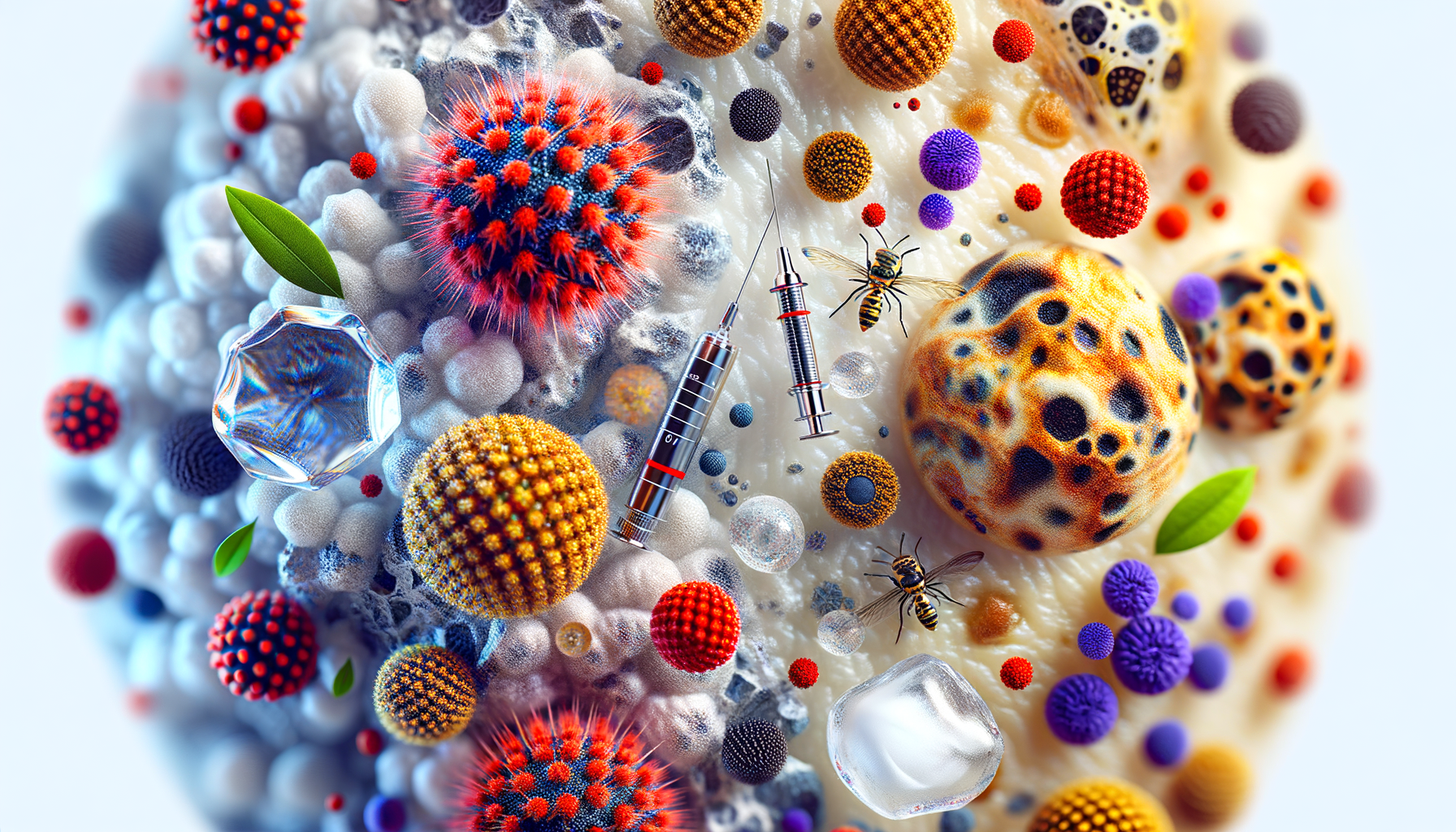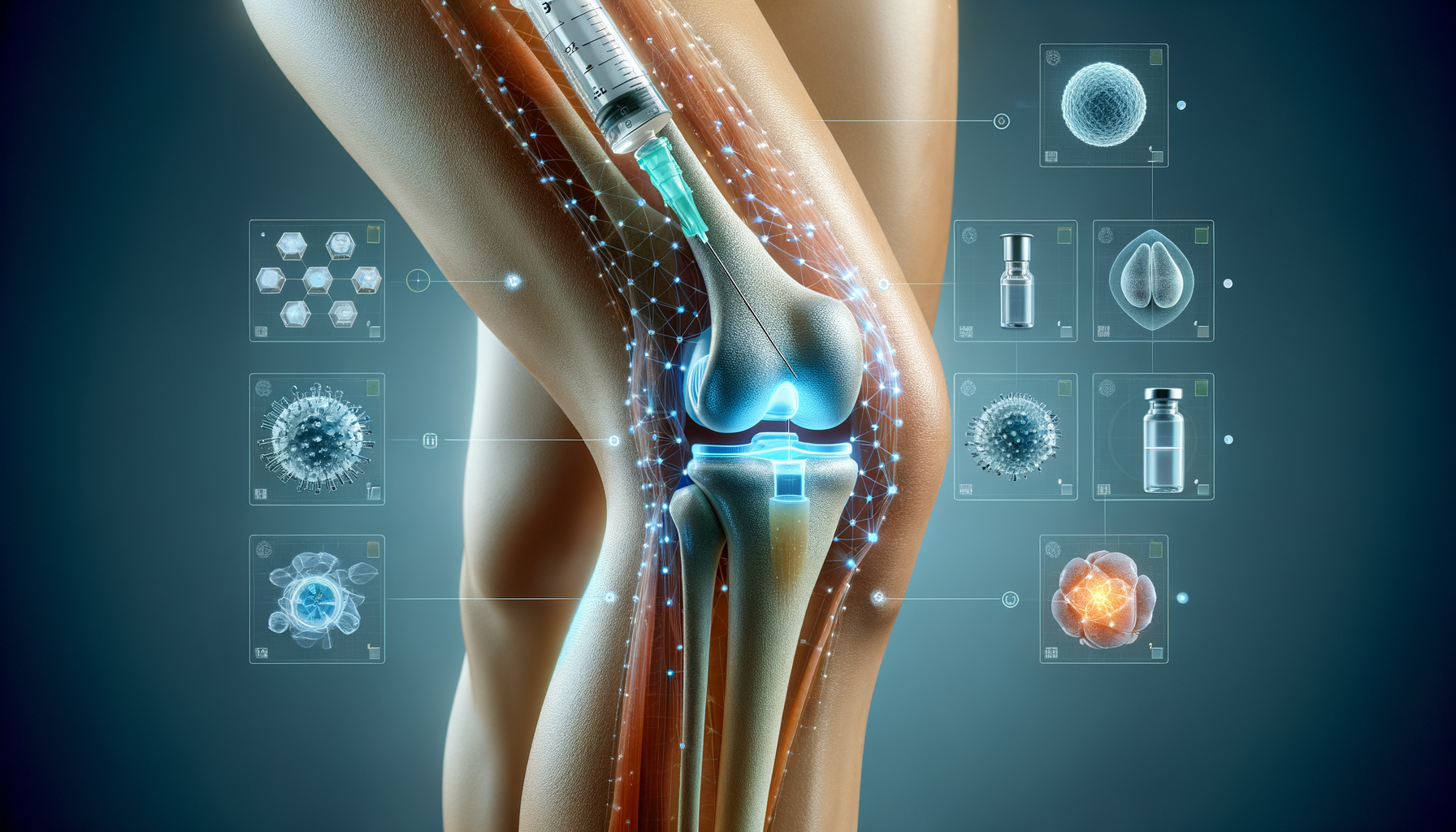Understanding the Causes of Itchy Skin
Itchy skin, medically known as pruritus, can be an irritating sensation that leads to an irresistible urge to scratch. This condition can arise from a myriad of causes, ranging from simple dry skin to more complex underlying medical conditions. Common causes include:
- Dry Skin: Often exacerbated by cold, dry weather or excessive use of air conditioning, dry skin is a prevalent cause of itching. The skin may appear flaky or rough.
- Allergic Reactions: Allergies to food, medications, or environmental factors can trigger itching. Identifying and avoiding allergens is crucial for relief.
- Skin Conditions: Conditions such as eczema, psoriasis, and dermatitis are known for causing persistent itching along with other symptoms like redness and scaling.
It is essential to identify the root cause of itching to tailor an effective treatment plan. Consulting a healthcare professional can provide clarity and guidance.
The Role of Environmental Factors
Environmental factors play a significant role in the occurrence and severity of itchy skin. Changes in weather, humidity levels, and exposure to pollutants can exacerbate symptoms. During winter, the cold air and indoor heating can strip moisture from the skin, leading to dryness and itchiness. Similarly, excessive exposure to the sun without adequate protection can cause sunburn, resulting in itching as the skin heals.
Moreover, exposure to harsh chemicals in cleaning products and personal care items can irritate the skin. Opting for hypoallergenic and fragrance-free products can mitigate this risk. Additionally, maintaining a consistent skincare routine that includes moisturizing can help keep the skin barrier intact, reducing the likelihood of environmental factors causing itchiness.
When Itchy Skin Signals a Deeper Issue
While itchy skin is often benign, it can sometimes indicate a more serious underlying health condition. Persistent itching without an apparent cause should not be ignored. Potential health issues that manifest as itchy skin include:
- Liver Disease: Conditions like hepatitis and cirrhosis can cause itching due to the accumulation of bile salts in the bloodstream.
- Kidney Failure: Uremic pruritus is common in individuals with chronic kidney disease, as waste products build up in the body.
- Thyroid Disorders: Both hyperthyroidism and hypothyroidism can lead to skin changes and itching.
In such cases, addressing the primary health issue is crucial for alleviating the itching. Regular medical check-ups and blood tests can help detect these conditions early.
Effective Remedies and Treatments
Finding relief from itchy skin can be a journey of trial and error, as the effectiveness of treatments can vary based on the underlying cause. Some general remedies include:
- Moisturizers: Regular application of emollients can help maintain skin hydration and prevent dryness-induced itching.
- Cold Compresses: Applying a cold, damp cloth to the affected area can provide immediate relief from itching.
- Oatmeal Baths: Colloidal oatmeal has soothing properties that can calm inflamed and itchy skin.
For more persistent cases, over-the-counter antihistamines or topical corticosteroids may be recommended. It’s important to consult a healthcare provider before beginning any new treatment regimen, especially if the itching is severe or accompanied by other symptoms.
Preventing Future Episodes of Itchy Skin
Prevention is often the best strategy when it comes to managing itchy skin. By adopting certain lifestyle changes and habits, individuals can minimize the risk of future episodes. Some preventive measures include:
- Regular Moisturization: Keeping the skin hydrated is key, especially during dry seasons or after exposure to water.
- Avoiding Triggers: Identifying and avoiding known allergens or irritants can prevent allergic reactions that lead to itching.
- Wearing Appropriate Clothing: Opting for breathable, natural fabrics can reduce irritation and allow the skin to breathe.
Incorporating these practices into daily routines can significantly reduce the frequency and severity of itchy skin episodes, leading to improved skin health and overall comfort.




Leave a Reply